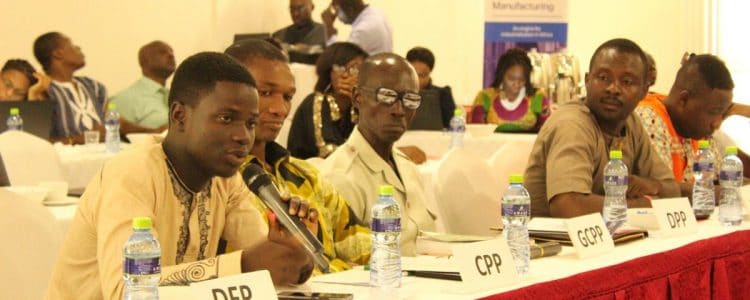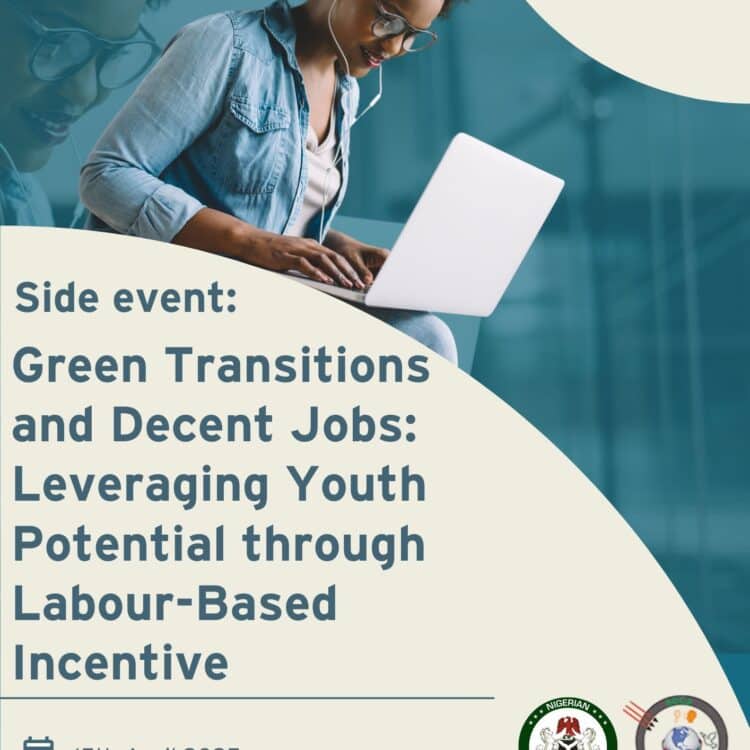
In a major syouth emptep forward, political parties in Ghana have joined forces to propose solutions to tackle youth unemployment ahead of the 2016 elections. They did so during the ‘Second National Dialogue on Youth Employment Challenges in Ghana: What do the policy makers and politicians have to say?’. The dialogue, which was held in Accra on 28 September, was organized by the African Center for Economic Transformation (ACET) in Ghana and supported by INCLUDE. High-level representatives of political parties, researchers and stakeholders came together to discuss youth employment issues. The day’s programme can be found here.
The highlight of the roundtable was the discussion by political parties on ways to address unemployment, which was dealt with under three themes: skills training and dynamics of youth employment, agriculture and youth employment, and growth strategy and employment response. Tomatoes, soya beans, almonds, ginger and mangoes were identified as potential crops for investment to generate more jobs for youth, while cottage industries were identified as a way to reduce market losses. Industrial apprenticeships, easy access to funds by artisans, and tax rebates and holidays were some of the issues raised under skills training and the dynamics of youth employment. Free schooling and the restructuring of the education curriculum were also suggested, along with improved vocational and technical skills training to attract more youth. Participants advocated for the depoliticization of youth and skills programmes and the establishment of an inter-party forum to look at youth unemployment. Improvement of power and energy, encouraging graduates to take charge of skills development policies, the establishment of practical linkages between education and industry, and the development of an all-hands approach were proposed as solutions to youth unemployment.
This second dialogue was a follow-up to the First National Dialogue, held in Accra on 13 July.




